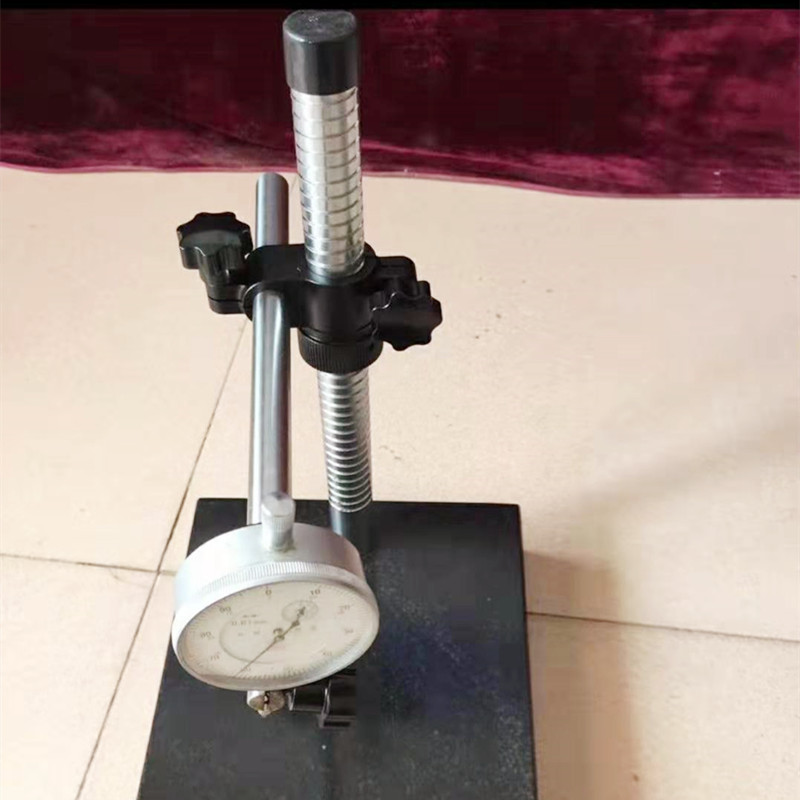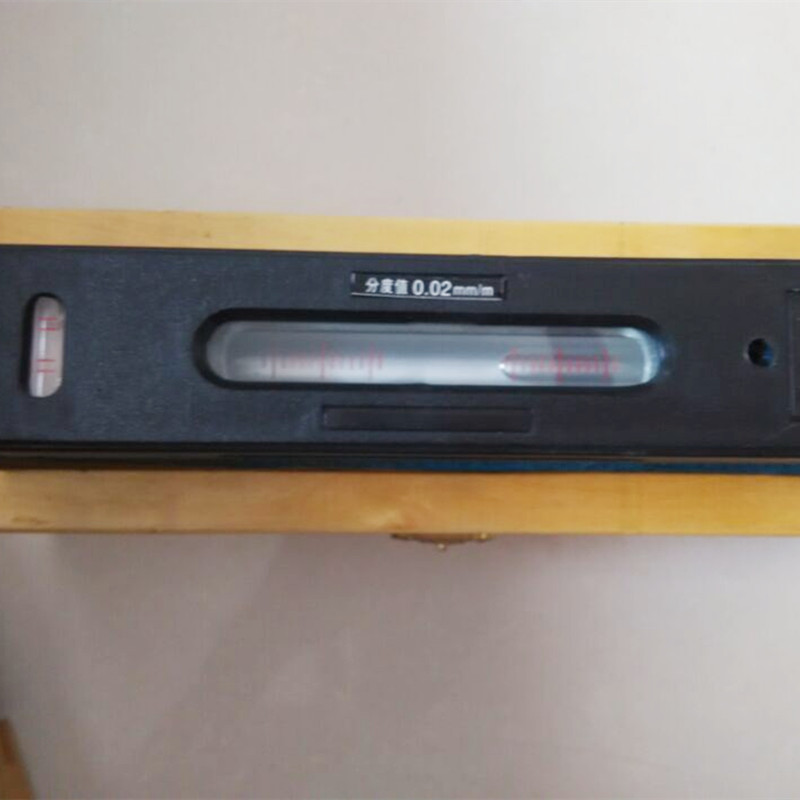Dic . 10, 2024 16:22 Back to list
steel check valve
Understanding Steel Check Valves Essential Components for Fluid Control
Steel check valves are critical components in a range of industrial applications, responsible for preventing backflow in piping systems. These valves are designed to allow fluid to flow in one direction only, ensuring that the system remains efficient and secure. Their robust construction, typically using industrial-grade steel, makes them suitable for high-pressure and high-temperature conditions, a crucial characteristic in many sectors such as oil and gas, water treatment, and chemical processing.
What is a Steel Check Valve?
A steel check valve is a type of valve that automatically prevents backflow in a piping system. It operates without manual intervention, relying on the pressure of the fluid to open and close. When fluid flows in the desired direction, the valve opens, allowing the flow. However, if there is a drop in pressure or a reversal of flow, the valve closes, preventing any reverse flow that could cause damage or inefficiencies in the system.
Types of Steel Check Valves
There are several designs of steel check valves, each suitable for different applications
1. Swing Check Valves These valves have a swinging disk that opens and closes based on the fluid flow. They are commonly used in applications where the velocity of the flow is high.
2. Lift Check Valves In this design, the disc is lifted off its seat by the upward flow of fluid, providing a tighter seal when closed. They are typically used in vertical applications.
3. Ball Check Valves These use a spherical ball that lifts off its seat to allow flow and is ideal for applications requiring tight sealing.
Different designs have unique advantages and are chosen based on factors such as space constraints, pressure requirements, and the nature of the fluid being controlled.
Advantages of Steel Check Valves
steel check valve

2. Reliability Their design ensures safe operation, preventing accidents or system failures due to backflow.
3. Low Maintenance Once installed, steel check valves typically require little maintenance, saving both time and costs over their lifetime.
4. Versatility These valves can be used in various industries, including water treatment facilities, oil and gas pipelines, and chemical processing plants.
5. High-Temperature Resistance Steel's inherent properties allow these valves to function effectively at elevated temperatures, which is often required in industrial processes.
Applications of Steel Check Valves
Steel check valves are utilized across various industries. In the oil and gas sector, they prevent backflow in pipelines, safeguarding the integrity of the transport system. In water treatment facilities, they help maintain the direction and quality of water flow, crucial for efficient processing. Chemical processing plants also rely on steel check valves to handle corrosive substances safely.
Choosing the Right Steel Check Valve
Selecting the appropriate steel check valve requires consideration of several factors
- Pressure Rating It's essential to choose a valve that can handle the maximum pressure of your system. - Size and Connection Type Ensuring proper fit with existing piping is crucial for effective operation. - Material Compatibility Make sure the steel used is compatible with the fluid being transported to avoid corrosion or damage.
Conclusion
In summary, steel check valves are indispensable in modern fluid control systems. Their durability, reliability, and low-maintenance nature make them a top choice in various industries. Understanding the different types and applications can help businesses optimize their systems and ensure safe, efficient operations. With the right selection and installation, steel check valves can greatly enhance the overall performance of fluid handling systems.
-
Surface Plate Maintenance Best Practices for LongevityNewsJun.27,2025
-
Historical Evolution of Iron Surface Plates in Industrial MetrologyNewsJun.27,2025
-
Cast Iron Y Strainer Safety StandardsNewsJun.27,2025
-
Blockchain Verification for Gauge Tool Certification IntegrityNewsJun.27,2025
-
Advantages of Triple Offset Butterfly Valve Types in High-Pressure SystemsNewsJun.27,2025
-
Wear Resistance Strategies for Trapezoidal ThreadsNewsJun.26,2025
Related PRODUCTS









